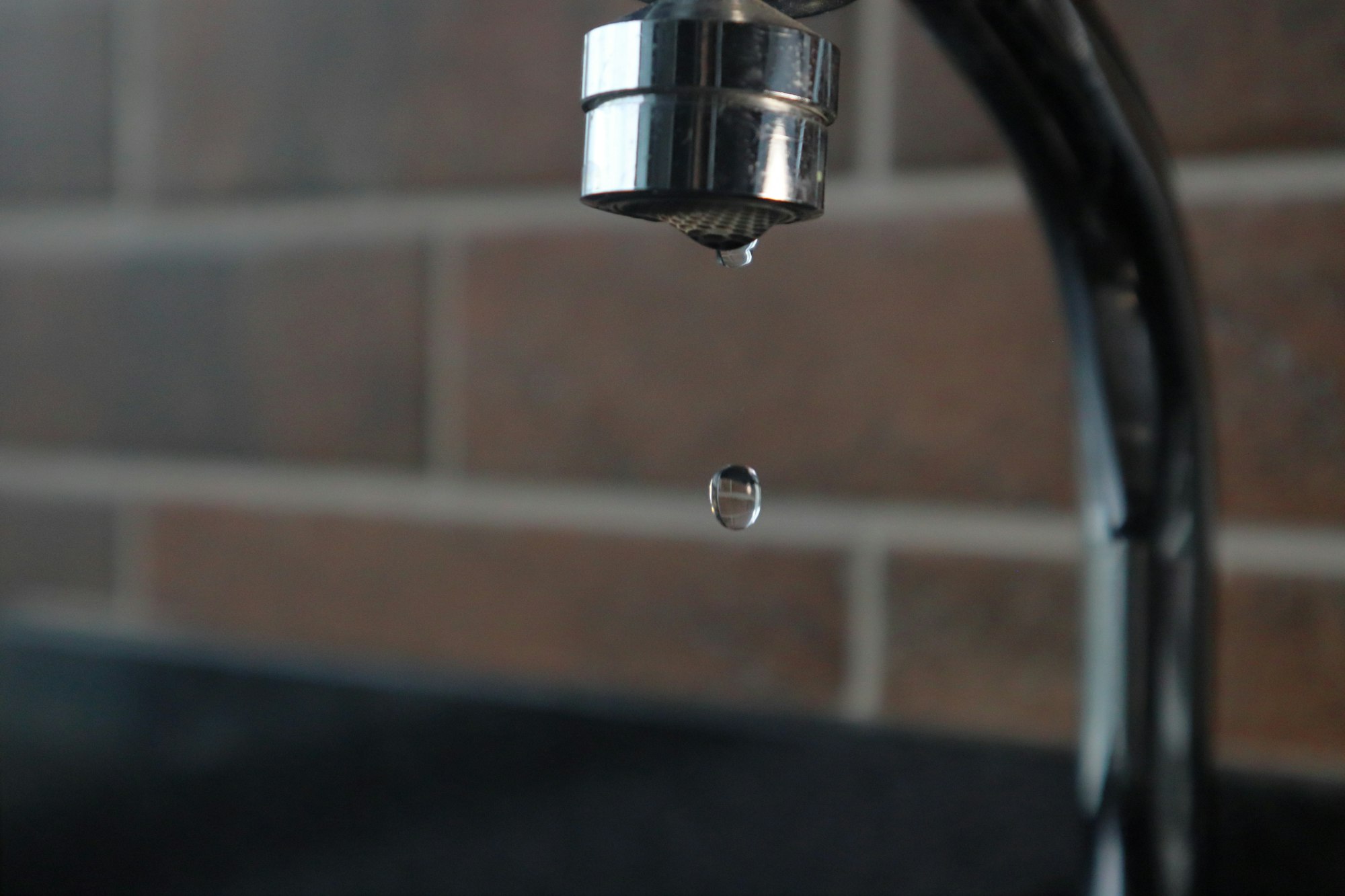The British Government’s relationship to technology is lacking to say the least. No?
If they took controlled measurements of the power (and cooling water) usage before and after deleting some amount of email, I would love to see the names of the people conducting the experiment, the procedures used, and the resulting numbers.
Until then, I’m inclined to think this suggestion is tommyrot dreamt up by people who have no idea how things work.
Many years ago we had a “green team” supposedly come up with ways to save energy and reduce emissions. The best they could think of was have the computers turn off at night. That’s when we did patches and we already had disabled screensavers and had them sleep instead, set machines to idle sooner, etc.
In response, I put together some napkin math of how much would be saved if:
- Work from home was implemented and offices were powered off 1 day a week.
- HVAC was set 1 degree higher in summer and lower in winter.
They met us in the middle by setting the screen timeout to 30 minutes instead of an hour.
It’s simple. The water serves the data. How dare you use the water for peasant needs? It has a higher purpose feeding chatbots and chatbot enablers.
I deleted hundreds of old emails the other day. I’m doing my part!
Surely the email providers won’t actually get rid of any data I request to be deleted. They are data hoarders and storage is cheap. I also question how much cooling is required for data at rest. I wanna see their rationale.
that’s not a harbinger of doom, yet.
when they ask people to use less water in their tea—that’s when one needs to stockpile toilet rolls.
ah yes, because emails use so much storage and processing power. What the hell.
I would love to have some real numbers.
Emails have now days pretty large pictures and even moving things. I wonder how much companies preload mails. For example does gmail start to preload all the unread mails in the first page when i open my inbox? And if they do how much one mail needs processing power in average and how many people open their inbox everyday.
And how much of that preloading is necessary for good feeling service.
They’re not preloading your emails, just making it look like it, by preloading a few fields (from, subject). Providers have to pay for every byte they send, so they make damn sure they’re not sending a bunch of extraneous data, at scale, for millions of users.
Specifically for “old emails” in my mind, these are emails you’d have to dig for. The act of digging up the old emails will be much more data intensive than leaving them sit, which draws no power. Your old emails aren’t kept in RAM.
Yes. Thank you for explaining it like i dont understand.
And yes atleas google is preloading emails. You can test it easily.
Open your gmail in browser. It shows you 50 first mails. Then disconnect your internet. You can open any of the 50 mails and read them in full. Even the large pictures load.
Also if you click from the “next page” arrow the 50 mail set you are in will open after disconnectin no matter how far you have gone in the history.
This works even with pc you are logging in the first time.
The speed this is happening is also good indicator there is server side preloading happening in addition to client side things.
So i say again. I would love to have some real numbers how much there is happening on the behind and with how many users. I feel like it is really insignificant total in the grand picture of the things, but it would be nice to know things instead of just feeling.
Networking is remarkably efficient, and so is decoding images, because processors do it so quickly. For more intensive tasks like video, hardware decoders make them efficient. All email is to the client computer is making a request for data, processing that into a list that can be displayed, and displaying it. I’m pretty sure just having the screen on is orders of magnitude more power hungry.
Yeah i know it is efficient. That does not chance the fact i would like to know the numbers.
Also client side is only the client side. I bet email services have plenty of SSR that start to happen the moment you are in the login window.
Im dont belive it has any real effect. Im just curious to hear any numbers so i dont need to trust my feelings and i can operate on facts.
Given the difference in server CPU/memory/storage/network/scale, I don’t think it’s possible to get any number with confidence. Maybe you could self host, but that wouldn’t be representative of real email servers. Plus different email providers handle emails differently.
And cloud providers probably automatically scale with load, Gmail probably uses more power during work hours than after.
Also SSR is relatively new and email services are ancient, I’d be surprised if any used it. I’m not even sure if it’s a good idea for email.
Plus it would probably vary with how many emails you have in your inbox…
I just don’t think it’s possible to get an actual number.
What about blinking less often?
They’re not asking very hard because this is the first I’ve heard of it
If people would just print them out, then they could delete them. Problem Solved!
huh?
Thatcher approved 👍👍👍
What a bullshit sensitionalized title. 404media is rapidly losing my trust. Haven’t seen a website enshittify this fast.
If you are interested in this topic, please read the government’s press and make up your own mind.
Huh? That press release quotes the The Environment Agency’s Director of Water and National Drought Group chair saying “Simple, everyday choices – such as turning off a tap or deleting old emails – also really helps the collective effort to reduce demand and help preserve the health of our rivers and wildlife” and includes “Delete old emails and pictures as data centres require vast amounts of water to cool their systems” in its list of ways people should save water at home.
I admit I made this post without clicking through to the actual press release or seeing more than the paywall preview of the article; for a humorous post like this, i think just the headline from a paywalled article (if it’s from a reputable source) is sufficient. Now that you got me to read the actual press release, I see I was correct to assume that 404media’s amusing headline was in fact accurate.
How would you suggest they report this story differently? Highlighting the ridiculous part is what makes it worthy of reporting on it in their context at all.
I don’t know about you, but the title gave me the impression that the government is throwing their hands in the air and are like “there’s nothing we can do, maybe you can delete some emails and save data centers some water.” But the press release is about all the work they have done, all the efforts they have put into alleviating the drought situation. “What you can do at home” is the last section, and deleting emails is literally the last line of the article (a little tongue in the cheek even). And yet that’s what 404 highlights?!
Tell me they are not trying to generate outrage.
“We are grateful to the public for following the restrictions, where in place, to conserve water in these dry conditions. Simple, everyday choices – such as turning off a tap or deleting old emails – also really helps the collective effort to reduce demand and help preserve the health of our rivers and wildlife.”
Sounds like a slip of the tongue. Or maybe written by AI and not checked.
It’s the very last line of the page and seems so out of left field it’s hilarious… QUOTE:
HOW TO SAVE WATER AT HOME Install a rain butt to collect rainwater to use in the garden.
Fix a leaking toilet – leaky loos can waste 200-400 litres a day.
Use water from the kitchen to water your plants.
Avoid watering your lawn – brown grass will grow back healthy.
Turn off the taps when brushing teeth or shaving.
Take shorter showers.
Delete old emails and pictures as data centres require vast amounts of water to cool their systems.
/END QUOTE
That’s verbatim and pretty much what 404 stated. It ignores the fact that not all data centres are water cooled (with the exception of AI/compute based centres) and data storage is a fairly low demand compared to that.
EDIT: Put the relevant section in quote because people can’t distinguish between what I typed and what I copied from the previous poster’s link.
Zero mention of AI
UK is turning fascist like trump obviously








